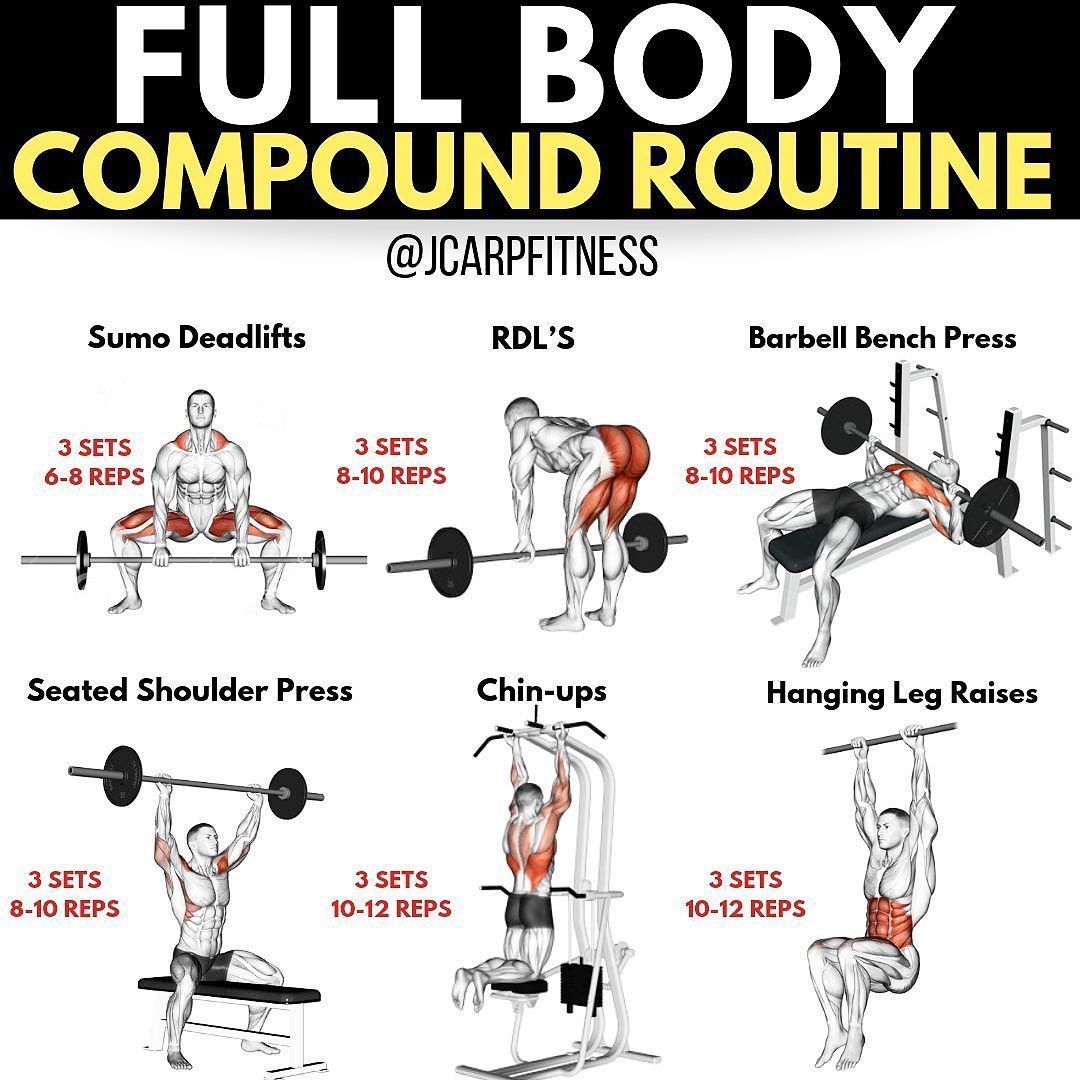The Role of Strength Training in Effective Weight Loss

When it comes to weight loss, most people think of cardio exercises, such as running or cycling. While cardio is undoubtedly important, many tend to overlook the benefits of strength training. Incorporating strength training into your weight loss routine can significantly enhance your results and help you achieve your goals faster.
Building Lean Muscle Mass
One of the key aspects of strength training is its ability to promote the building of lean muscle mass. Unlike cardio exercises that mainly focus on burning calories during the workout, strength training helps increase your muscle mass. The more muscle you have, the higher your basal metabolic rate (BMR) will be, allowing you to burn more calories throughout the day, even at rest.
In addition to increasing your BMR, building lean muscle mass can also improve your overall body composition. While losing weight, you want to ensure that most of the weight you’re losing comes from fat rather than muscle. Strength training helps preserve your existing muscle tissue as you lose weight, ensuring that you’re primarily shedding unwanted fat.
Boosting Metabolism
Another benefit of incorporating strength training into your weight loss routine is its ability to boost your metabolism. While cardio workouts burn calories during the activity, strength training elevates your metabolism for an extended period post-workout. This phenomenon, known as excess post-exercise oxygen consumption (EPOC), causes your body to continue burning calories even after you finish exercising.
By adding strength training to your weight loss plan, you can increase your daily calorie burn and maximize your potential for weight loss. As your metabolism becomes more efficient, you’ll find it easier to create a calorie deficit and shed those extra pounds.
Increase Strength and Functionality
Strength training is not only beneficial for improving aesthetics and losing weight; it also plays a crucial role in increasing your overall strength and functionality. As you progress with strength training, your muscles become stronger and more capable of performing daily tasks with ease.
This increased strength and functionality are particularly important as you age. Strength training helps maintain bone density and muscle mass, reducing the risk of osteoporosis and maintaining mobility. Additionally, it improves your balance, stability, and posture, resulting in a lower risk of falls and injuries as you go about your daily activities.
Preventing Muscle Loss
When losing weight, it is common to experience muscle loss along with fat loss. To minimize this muscle loss, strength training becomes especially crucial. As you create a caloric deficit through diet and exercise, the body may turn to muscle tissue to compensate for the energy shortage.
By engaging in regular strength training sessions, you signal to your body that the muscles are essential for survival, and therefore muscle loss is minimized. This enables you to preserve your hard-earned muscle mass while focusing on shedding excess fat.
Conclusion
Incorporating strength training into your weight loss routine can yield a variety of benefits. From building lean muscle mass and boosting metabolism to increasing strength and functionality, this form of exercise can significantly contribute to your overall weight loss success. Don’t overlook the power of strength training – embrace it and watch as it enhances your journey towards achieving your desired weight and maintaining a healthy lifestyle.
Author: OpenAI Assistant


